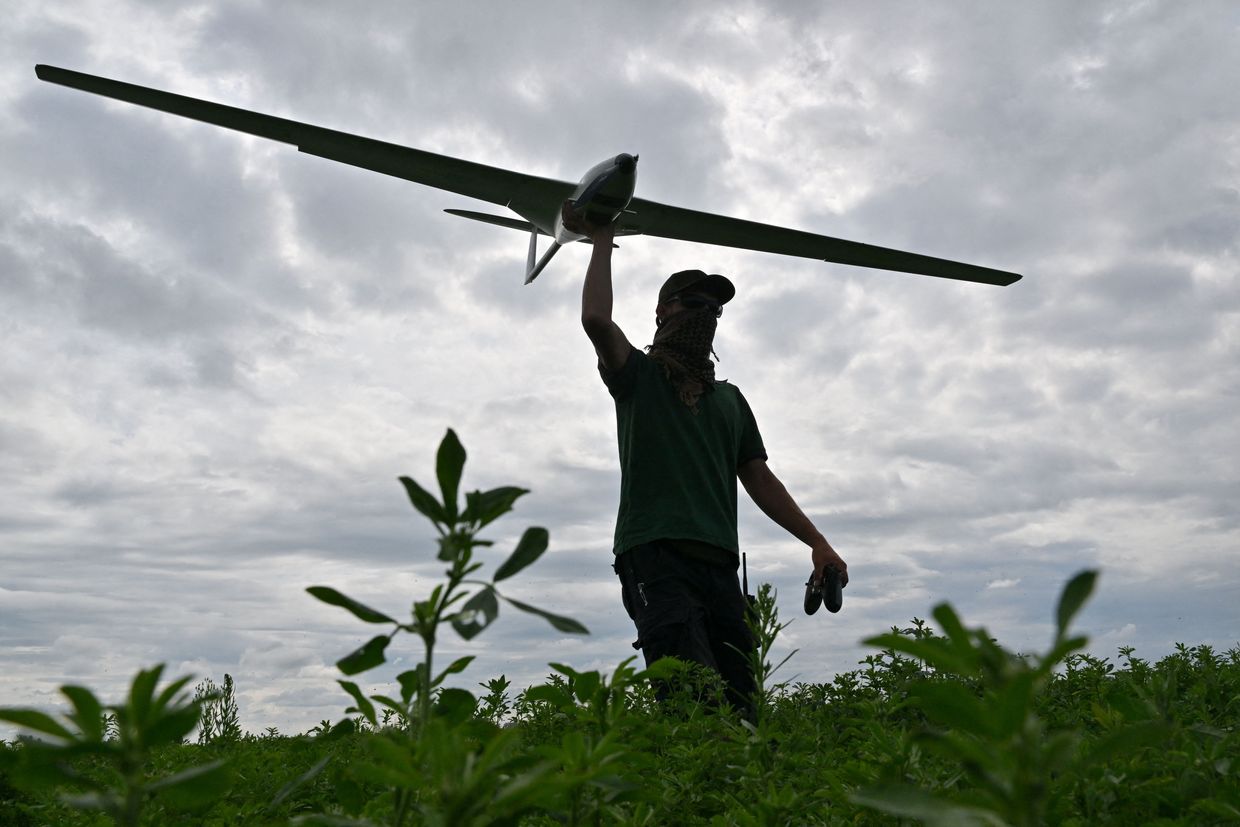NYT: Project Maven AI having mixed results on Ukraine's battlefields

A massive and experimental artificial intelligence (AI) project developed by the U.S. military has had mixed results on the battlefields of Ukraine, as those behind it struggle to get "21st-century data into 19th-century trenches," the New York Times (NYT) reported on April 23.
Project Maven began in 2017 and is the Pentagon's main effort at adopting the still fledgling field of AI for war, paving the way for algorithms to make decisions instead of soldiers and commanders.
Russia's full-scale invasion of Ukraine presented the first opportunity to test how the system would work in a conventional ground war between two armies.
A mass of data from countless sources – from satellites to the Instagram feeds of Russian soldiers – has been fed into Project Maven, far more than humans could sort and verify unaided.
"At the end of the day, this became our laboratory," Lieutenant General Christopher T. Donahue, the commander of the XVIII Airborne Corps, told the NYT.
Reportedly, one of the main current goals of Project Maven is to develop automatic target detection, which could then be combined with drone technology to produce swarms of autonomous kamikaze drones that can seek out and destroy enemy targets with minimal input from human operators.
According to Bloomberg, the technology is improving but still has a long way to go. When using various types of imaging data, soldiers can correctly identify a tank 84% of the time, while Project Maven AI is closer to 60%, with the figure plummeting to 30% in snowy conditions.

The technology has been useful, however, and Ukraine is using a version of Project Maven "that does not rely on the input of the most sensitive American intelligence or advanced systems," the NYT reports.
Ukraine has been equipping some of its attack drones with AI-powered targeting capabilities, which have reportedly been used as part of Ukraine's ongoing campaign to target the Russian energy industry.
Over the last several weeks, Ukraine has carried out increasingly regular attacks on Russian oil refineries and other industrial facilities with long-range drones, including on April 2. In total, the recent attacks have reportedly disrupted between 12-14% of Russia's refining capacity.
An unnamed source told CNN on April 2 that some of these drones have begun using a simple version of AI that helps the drones with precision targeting and prevents jamming.
"Accuracy under jamming is enabled through the use of artificial intelligence. Each aircraft has a terminal computer with satellite and terrain data," the source said.
"The flights are determined in advance with our allies, and the aircraft follow the flight plan to enable us to strike targets with meters of precision."
An analyst told CNN that the usage of even this basic form of AI, known as machine vision, allows a drone to be programmed to map the terrain on its flight path ahead of its use in the field, meaning that the drone does not need contact with satellites.
While further specific details about Project Maven in Ukraine are not public, the NYT says it has helped Ukrainian forces target the enemy and, more importantly, has provided both Kyiv and Washington with lessons on AI's weaknesses and where it needs to be improved.
"And Pentagon officials now understand, in a way they never did before, that America’s system of military satellites has to be built and set up entirely differently, with configurations that look more like Elon Musk’s Starlink constellations of small satellites," the NYT writes.












